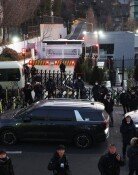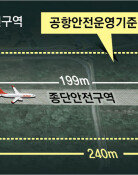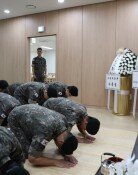Construction Companies Enjoy Second Prime
Construction Companies Enjoy Second Prime
Posted May. 31, 2005 06:36,
Hyundai Engineering and Construction Co. received an order for a large-scale power plant worth $696 million (approximately 700 billion won) from the United Arab Emirates.
This project ordered by the Water and Electric Powers Office in Dubai, United Arab Emirates, is a large-scale plant facility designed to build a 1,200 MW thermal power plant and fresh water production plant with capacity of 55 million gallons per day.
By receiving this order, Hyundai Engineering and Construction Co. accepted a total of $1.14287 billion (approximately 1.1457 trillion won) in overseas work orders this year.
Lee Ji-song, CEO of Hyundai Engineering and Construction Co., said, Since it is also expected that we will receive additional orders from some countries, including Iran and Kuwait, next month, the total sum of received overseas orders this year will exceed $2.5 billion.
Having enough money thanks to a hike in the international oil price, resulting in the revitalization of the construction sector in Middle Asian countries, local construction companies are receiving orders for large-sized works one after another.
SK Engineering and Construction Co. received an order for a large-sized petrochemical plant worth $1.2 billion (approximately 1.2 trillion won) from Kuwait on May 23. POSCO Engineering and Construction Co. accepted an order for a liquefied natural gas (LNG) power plant worth $1.2 billion from Iran on May 26 as well.
According to the International Contractors Association of Korea (ICAK), as of today, the total sum of received overseas orders this year amounts to $3.31590 billion. In particular, the sum of received overseas orders from Middle Asian countries was $1.79982 billion, up 70 percent on a year-on-year basis.
Local construction companies are currently trying to receive some orders out of 75 work orders worth $27.3 billion from Middle Asian countries. It is scheduled to be given an additional 81 work orders worth $66.2 billion.
If this trend continues, the ICAK believes it might be possible to surpass the $10 billion mark in the eight years since 1997.
imsoo@donga.com







